Experience You Can Trust
At ServiceMaster Professional Services Citrus County, we are supported by a national brand with over 65 years of experience serving residents with the utmost care. Our team understands how much damage to your home can cause chaos in your life, so we work quickly and efficiently to get you back to normal in no time.
We will walk you through every step of the restoration process, and our honest and skilled technicians in Citrus County are ready to be your go-to restoration provider. From mold, fire, water, and smoke damage, to odor removal, data restoration, and pre-loss planning solutions, ServiceMaster Professional Services Citrus County will change your home for the better.
24/7 emergency restoration Services
When disaster strikes, every minute counts. That's why at ServiceMaster Professional Services, we provide 24/7 emergency restoration services to swiftly tackle the issue and reduce damage to your home and belongings. With our fast response time, we aim to minimize loss and speed up recovery.
As a family-owned business for over two decades, we understand how vital it is to protect your home, and we're committed to restoring it promptly and professionally. Trust in our round-the-clock service to help you navigate through any disaster.
Here To Help When You Need Us
When you’re working through the aftermath of a disaster, the complications associated with insurance forms, claims and estimates can be onerous. We’ll help you take care of the paperwork so you can focus your attention on getting your life back in order.
Frequently Asked Questions
What is the difference between Damage Mitigation and Restoration?
After a disaster, mitigation services aim to stop further damage and reduce the overall loss, while restoration services aim to restore damaged items to their pre-disaster condition. Although restoration is not as urgent as mitigation, it is still crucial to complete the task as soon as possible. The extent of the damage to the property and possessions could determine how long it will take for Restoration to be completed.
There is a common misconception that restoration and mitigation services are more expensive than replacing damaged items. In fact, most disaster damages can be mitigated and restored for much less than it would cost to replace everything. A professional restoration team can save whatever is salvageable and replace anything that isn’t.
Start the restoration process today. Call(352) 309-2404 or contact us online to learn more about our restoration services!

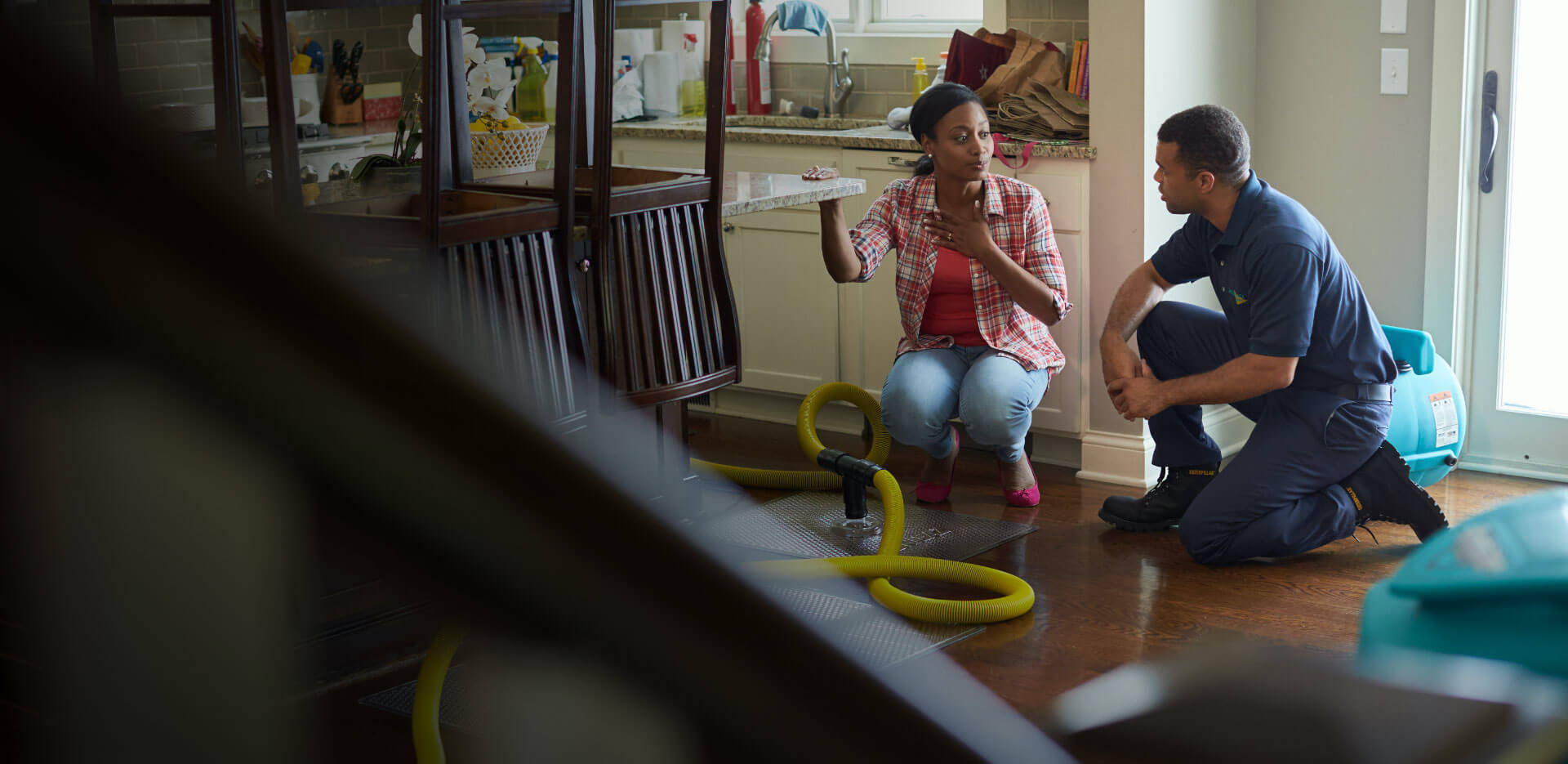
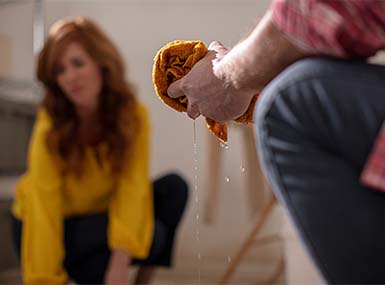
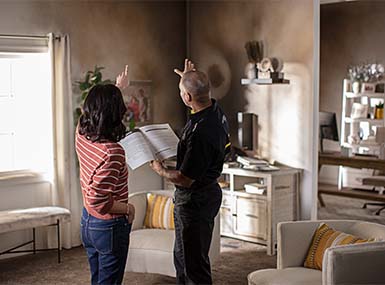
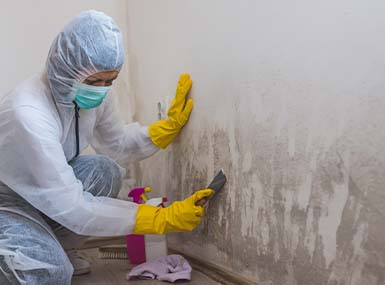
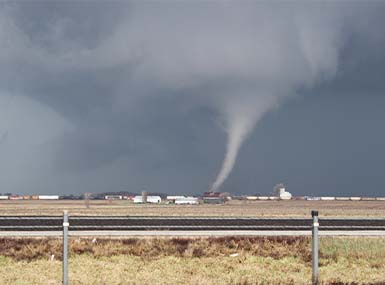
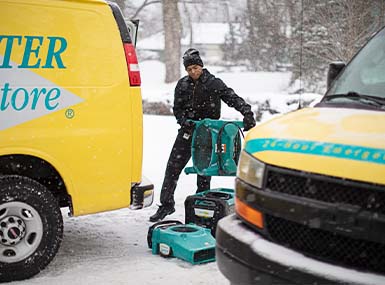


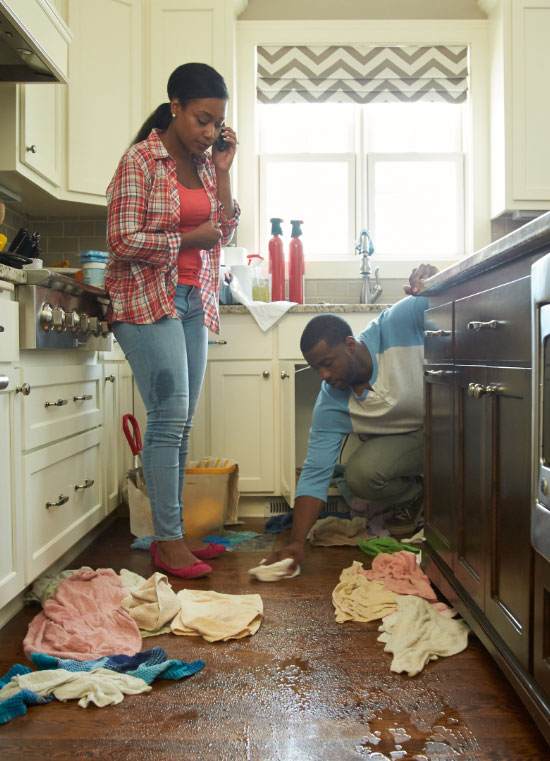
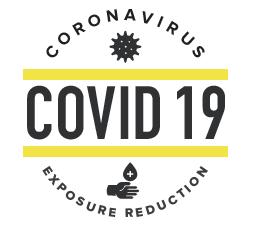
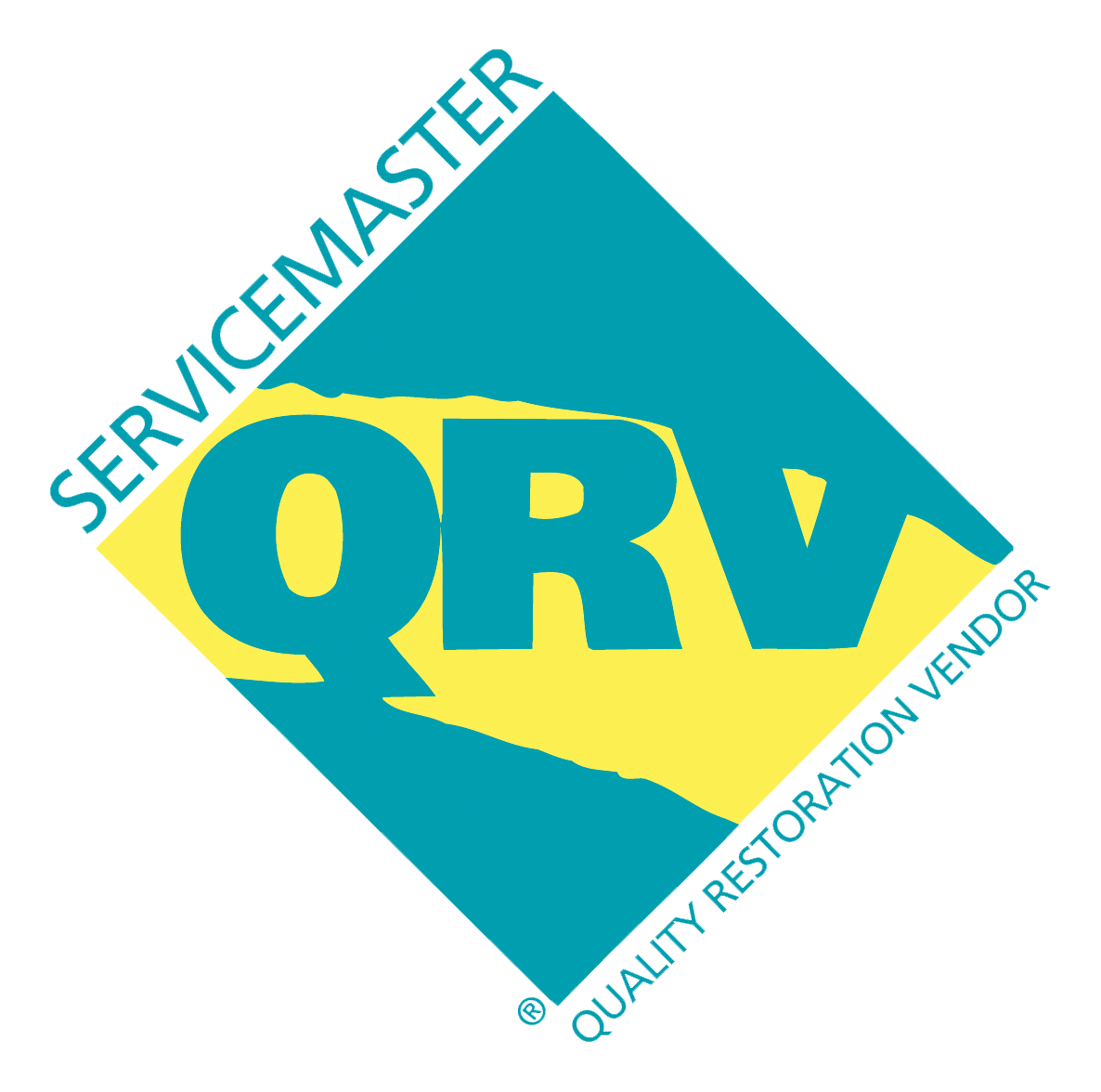
.2008251600265.png)